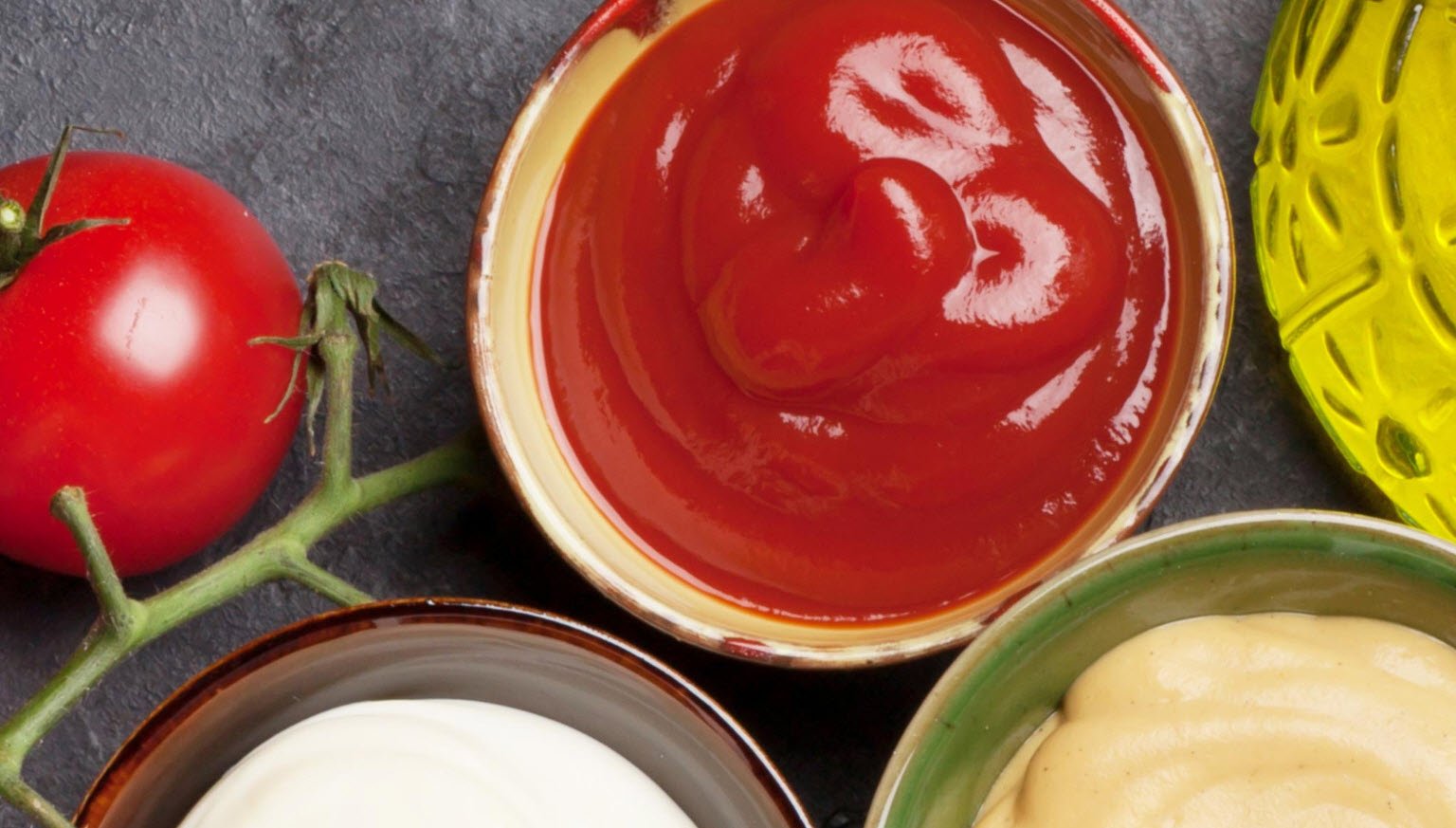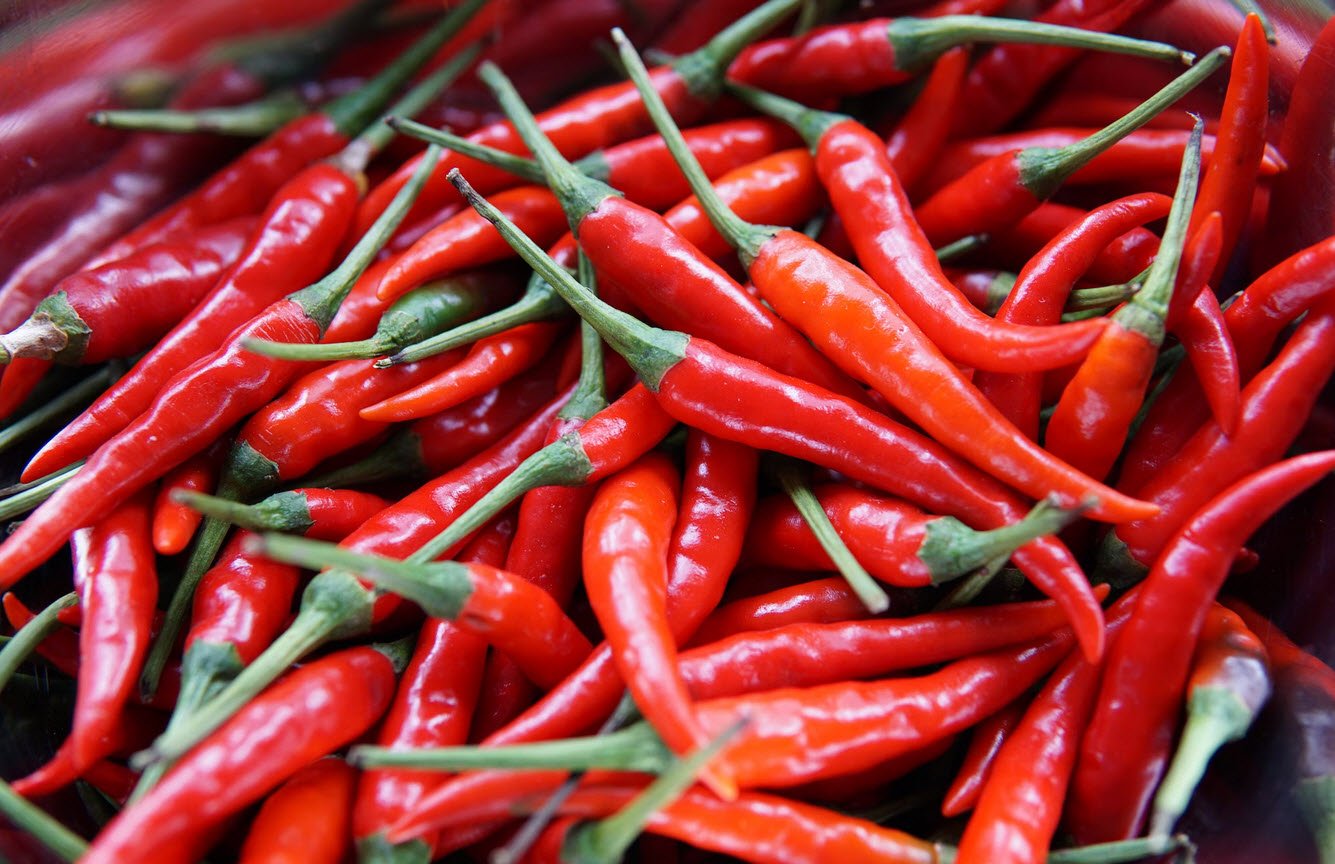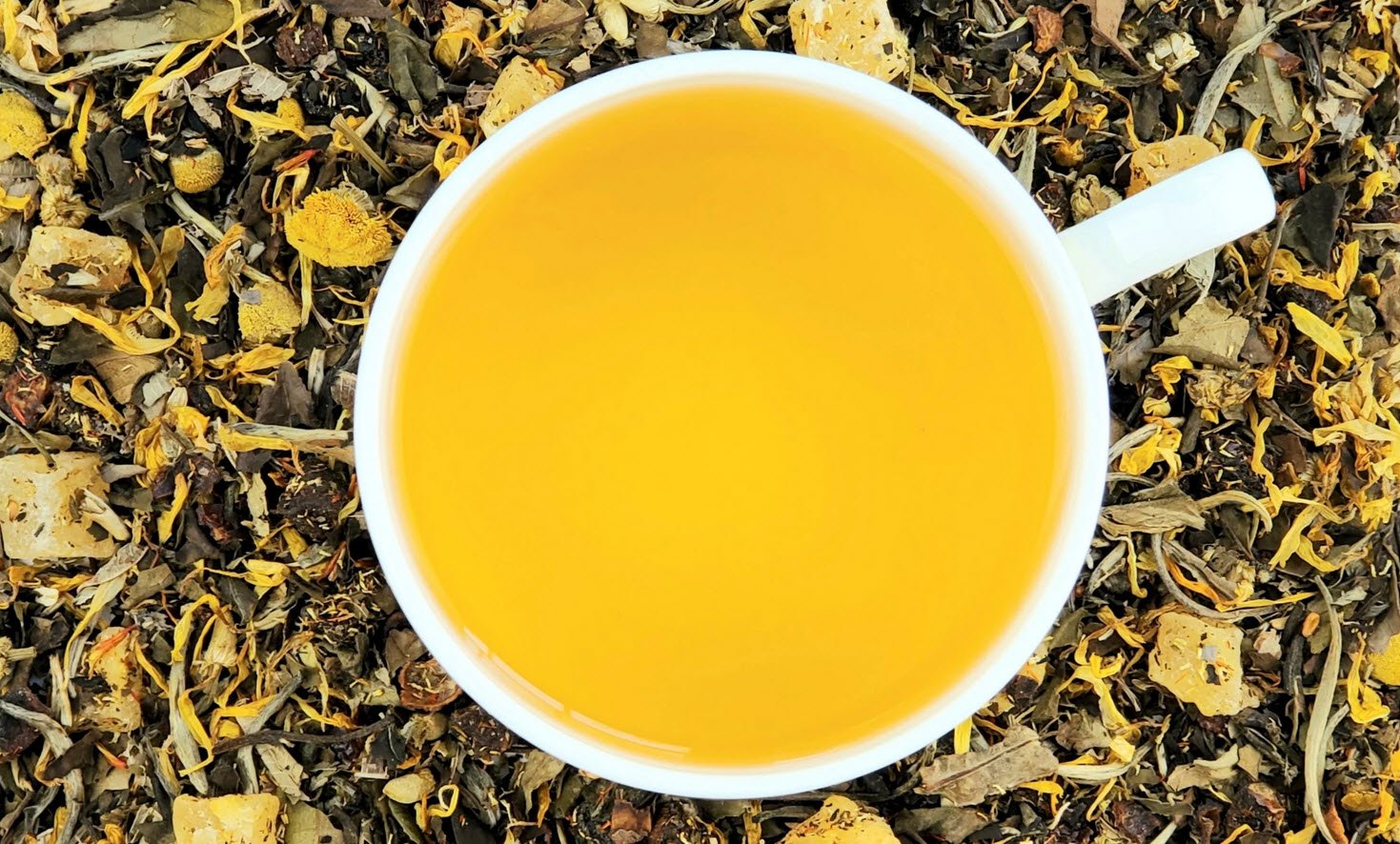
Lung health is critical for proper breathing and overall health. They are in charge of bringing oxygen into the body and expelling carbon dioxide. To maintain healthy lungs, it is critical to avoid smoking, secondhand smoke, and air pollution.
Regular exercise, a well-balanced diet, and maintaining a healthy weight can all help to keep the lungs in good condition. Furthermore, getting immunized against respiratory illnesses like the flu and pneumonia can protect the lungs from infection. If you have or are at risk for lung disease, it is critical that you work with a healthcare provider to manage your condition.
Breathing provides oxygen to all of your body’s cells. People who do not get enough oxygen are more likely to develop respiratory illnesses, chronic obstructive pulmonary disease, and even heart disease. Breathing isn’t enough to keep the oxygen flowing through the body at peak levels. Lung capacity is only 50% at rest and 50% during most daily activities.
Here are 14 foods for healthy lungs and improved breathing:
- Water
- Pomegranates
- Grapefruit
- Apples
- Oranges
- Chili Peppers
- Ginger
- Cruciferous Vegetables
- Pumpkin
- Turmeric
- Onions & Garlic
- Bell Peppers
- Carrots
- Beans, Nuts & Seeds
1) Water
It is critical to drink enough water to keep your lungs healthy. Water keeps the mucous membranes lining the lungs moist, which aids in the removal of foreign particles and bacteria from the airways.
It is recommended that you drink at least 8 cups of water per day to maintain good lung health. Dehydration can cause mucus to thicken, making it more difficult to remove from the lungs and increasing the risk of infection.
2) Pomegranates
Pomegranates have been shown to have potential lung health benefits. They contain antioxidants and anti-inflammatory compounds that may aid in reducing lung inflammation and protecting against lung damage caused by pollution or smoking.
Pomegranate juice may also help improve lung function in people with asthma, according to some studies. More research is needed, however, to confirm these findings, and it should not be used as the sole treatment for lung disease. Pomegranates can be beneficial as part of a healthy diet, but they should be discussed with a doctor if you have a specific health condition or are taking medication.
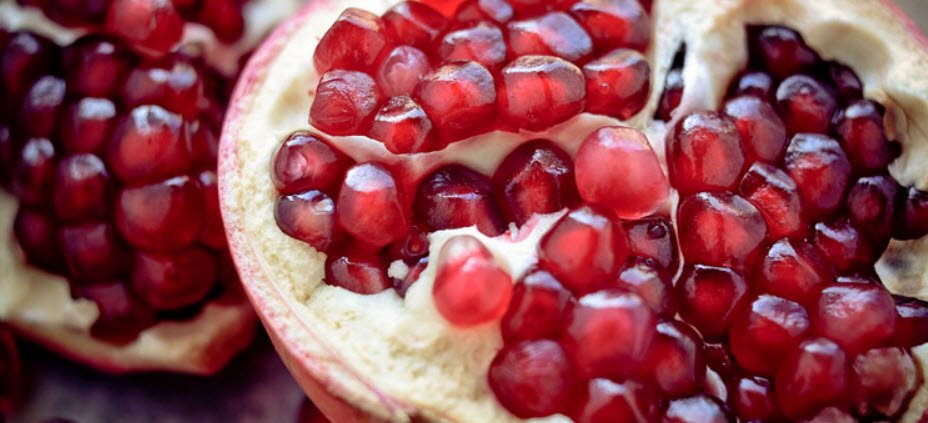
3) Grapefruit
Grapefruit contains a lot of antioxidants, which may help protect your lungs from pollution and other environmental toxins. Some research suggests that grapefruit compounds may help to reduce inflammation in the lungs and improve lung function.
Eating a diet rich in fruits and vegetables, including grapefruit, can benefit overall health, but it should be discussed with a doctor if you have a specific health condition or are taking any medication, as grapefruit can interact with some medications
4) Apples
Apples are high in antioxidants and anti-inflammatory compounds, which may help protect the lungs from pollution and other environmental toxins. According to some studies, eating apples may help reduce the risk of lung cancer and improve lung function.
Furthermore, the high fiber content of apples may aid in the reduction of inflammation in the gut, which may aid in the reduction of inflammation in the lungs.
A diet rich in fruits and vegetables, including apples, can benefit overall health, but it should be discussed with a doctor if you have a specific health condition or are taking medication.

5) Oranges
Oranges are high in vitamin C, a powerful antioxidant that may protect the lungs from pollution and other environmental toxins. According to some studies, eating oranges may help to reduce inflammation in the lungs and improve lung function.
Furthermore, Vitamin C boosts the immune system, which can help to protect the lungs from infection.
Eating a diet high in fruits and vegetables, including oranges, can improve overall health, but it should be discussed with a doctor if you have a specific health condition or are taking medication.
6) Chilli Peppers
Capsaicin, a compound found in chili peppers, may have anti-inflammatory and antioxidant properties. Consuming chili peppers may help to improve lung function and reduce the risk of lung cancer, according to some studies.
Capsaicin is also thought to help clear mucus from the airways, which can reduce the risk of infection. Consuming chili peppers can be beneficial to overall health, but if you have a specific health condition or are taking medication, consult your doctor first, as capsaicin can cause gut and mouth irritation.
7) Ginger
Ginger contains anti-inflammatory compounds that may aid in the reduction of lung inflammation. Consuming ginger may help to improve lung function, reduce the risk of lung cancer, and improve symptoms of respiratory diseases such as asthma, according to some studies.
Furthermore, ginger can help to break up and clear mucus from the airways, lowering the risk of infection. Ginger consumption can be beneficial to overall health, but it should be discussed with a doctor if you have a specific health condition or are taking any medications, as ginger can interact with some medications.

8) Cruciferous Vegetables
Cruciferous vegetables like broccoli, Cauliflower, and kale contain compounds that may help protect the lungs from pollution and other environmental toxins. These vegetables are high in antioxidants and anti-inflammatory compounds, which may lower the risk of lung cancer and improve lung function.
They also contain vitamins C and E, which are necessary for a healthy respiratory system. Eating cruciferous vegetables as part of a healthy diet can benefit overall health, but it should be discussed with a doctor if you have a specific health condition or are taking medication.
9) Pumpkin
Pumpkin is high in antioxidants, vitamins, and minerals, which may help protect the lungs from pollution and other environmental toxins. Pumpkin consumption may help to reduce lung inflammation, improve lung function, and lower the risk of lung cancer.
Pumpkin also contains a lot of beta-carotene, which is a powerful antioxidant that can help boost the immune system and protect the lungs from infection. Eating pumpkin as part of a healthy diet can benefit overall health, but it should be discussed with a doctor if you have a specific health condition or are taking medication.
10) Turmeric
Turmeric is a spice that has been used in Ayurvedic medicine for centuries to improve respiratory function. Curcumin, a powerful antioxidant with anti-inflammatory properties, is found in it.
Consuming turmeric may help to improve lung function, reduce the risk of lung cancer, and alleviate symptoms of respiratory diseases such as asthma, according to some studies.
Turmeric may also help to clear mucus from the airways, which may reduce the risk of infection. More research, however, is required to confirm these findings. Turmeric as part of a healthy diet can be beneficial to overall health.
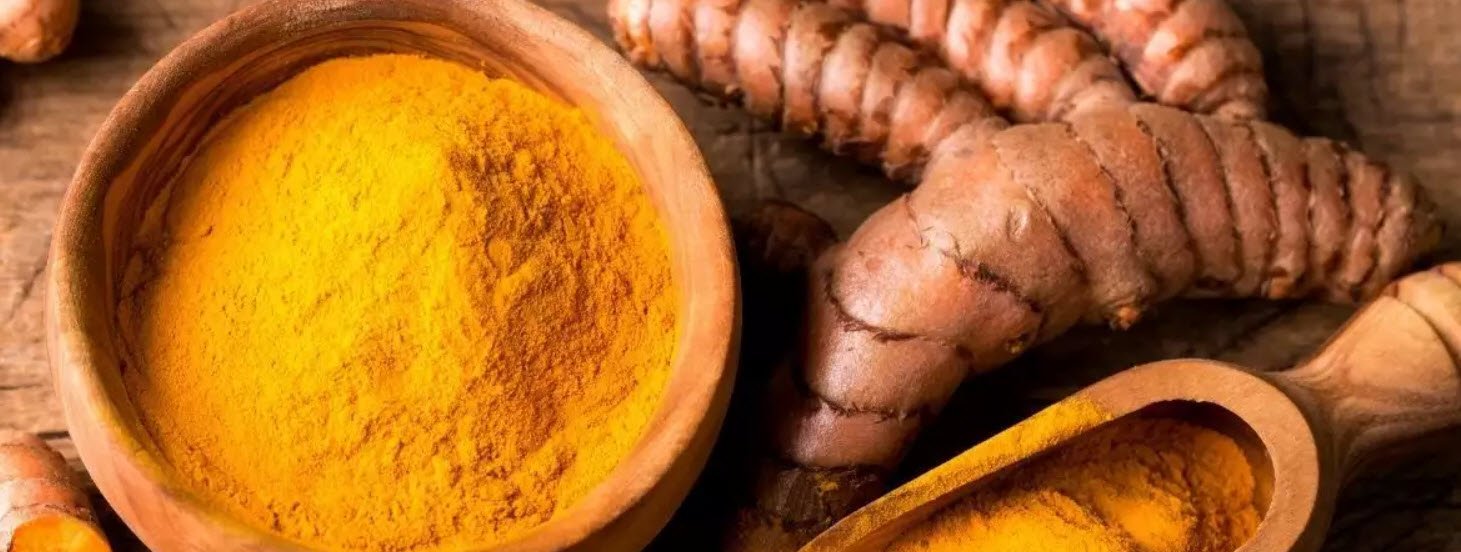
11) Onions and Garlic
Both onions and garlic are members of the allium family and have anti-inflammatory and antioxidant properties. Consuming onions and garlic may help to improve lung function, lower the risk of lung cancer, and alleviate symptoms of respiratory diseases such as asthma, according to some studies.
Furthermore, the sulfur compounds found in onions and garlic may help to clear mucus from the airways, lowering the risk of infection. More research, however, is required to confirm these findings. Eating onions and garlic as part of a healthy diet can benefit overall health, but it should be discussed with a doctor if you have a specific health condition or are taking medication.
12) Bell Peppers
Bell peppers, like other colourful fruits and vegetables, are high in antioxidants and anti-inflammatory compounds, which may protect the lungs from pollution and other environmental toxins. Consuming bell peppers may help reduce the risk of lung cancer and improve lung function, according to some studies.
They also have Vitamin C, which can help boost the immune system and protect the lungs from infections. Eating bell peppers as part of a healthy diet can be beneficial to overall health, but it should be discussed with a doctor if you have a specific health condition or are taking medication.
13) Carrots
Carrots contain beta-carotene, a powerful antioxidant that may aid in the protection of the lungs from pollution and other environmental toxins. Consuming carrots may help reduce the risk of lung cancer and improve lung function, according to some studies.
They also contain Vitamin A, which is essential for the health of the respiratory system. Eating carrots as part of a healthy diet can be beneficial to overall health, but it should be discussed with a doctor if you have a specific health condition or are taking medication.
14) Beans, Nuts and Seeds
Beans, nuts, and seeds are high in antioxidants, anti-inflammatory compounds, and other nutrients that may protect the lungs from pollution and other environmental toxins. These foods may help to lower the risk of lung cancer and improve lung function.

They also contain Vitamin E, which is necessary for a healthy respiratory system. Eating beans, nuts, and seeds as part of a healthy diet can benefit overall health, but it should be discussed with a doctor if you have a specific health condition or are taking medication.
You may also read:
- Exploring the Delightful World of Cold Sauces – From Aioli to Tapenade
- How To Prepare Keto Vanilla Cake
- 15 Different Types of Citrus Fruits You Need To Know
- A Guide to the Diverse World of Peppers
- Exploring the World of White Teas – A Delicate Symphony of Flavors
- Crafting a Vienna Vanilla Coffee Latte
- 4 Easy Steps to Prepare the Perfect Macchiato
- 20 Snacks Under 100 Calories – All You Need To Know
- Sunset Smoothie For Weight Loss – Preparation and Benefits
- Top 16 World’s Healthiest Foods

